Migrants and Refugees
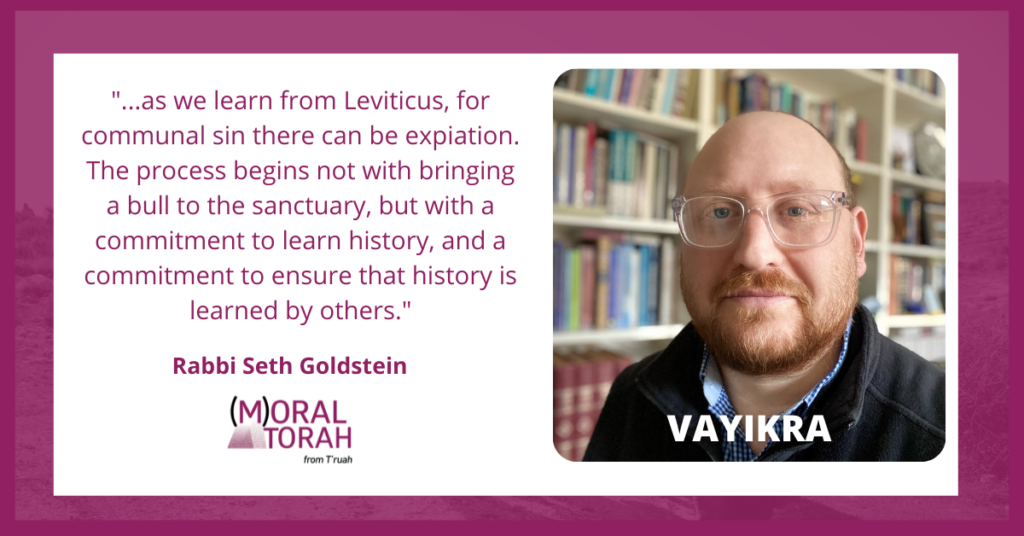
When the Entire Community Is Guilty
...as we learn from Leviticus, for communal sin there can be expiation. The process begins not with bringing a bull to the sanctuary, but with a commitment to learn history, and a commitment to ensure that history is learned by others.
more
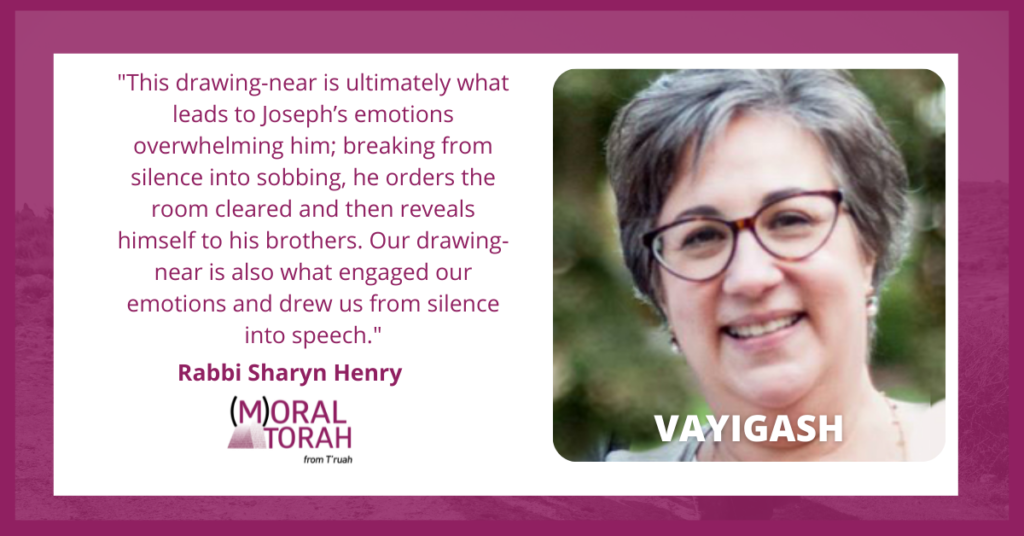
How Drawing Near Leads to Speaking Out
This drawing-near is ultimately what leads to Joseph’s emotions overwhelming him; breaking from silence into sobbing, he orders the room cleared and then reveals himself to his brothers. Our drawing-near is also what engaged our emotions and drew us from silence into speech.
more
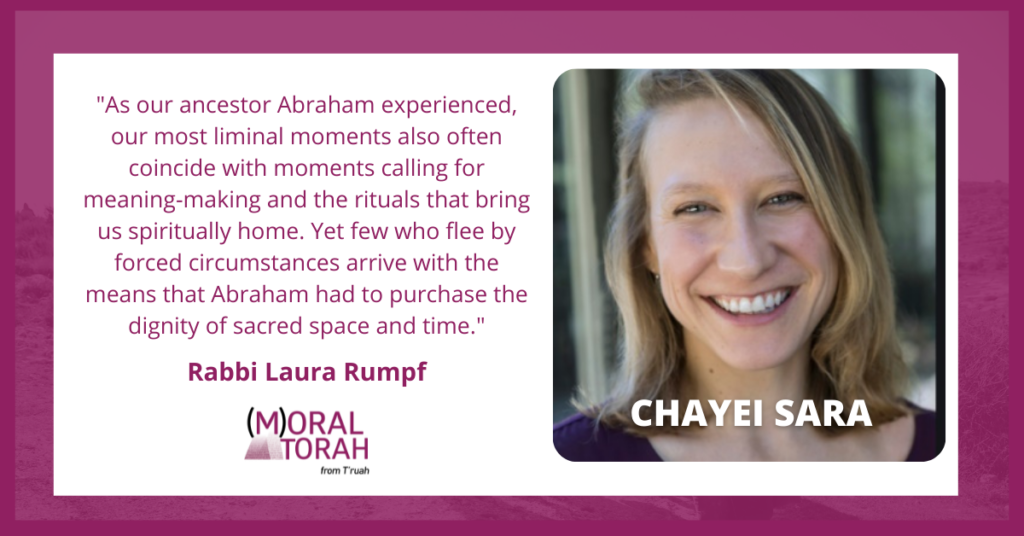
Abraham and the Unexpected Needs of Refugees
As our ancestor Abraham experienced, our most liminal moments also often coincide with moments calling for meaning-making and the rituals that bring us spiritually home. Yet few who flee by forced circumstances arrive with the means that Abraham had to purchase the dignity of sacred space and time.
more
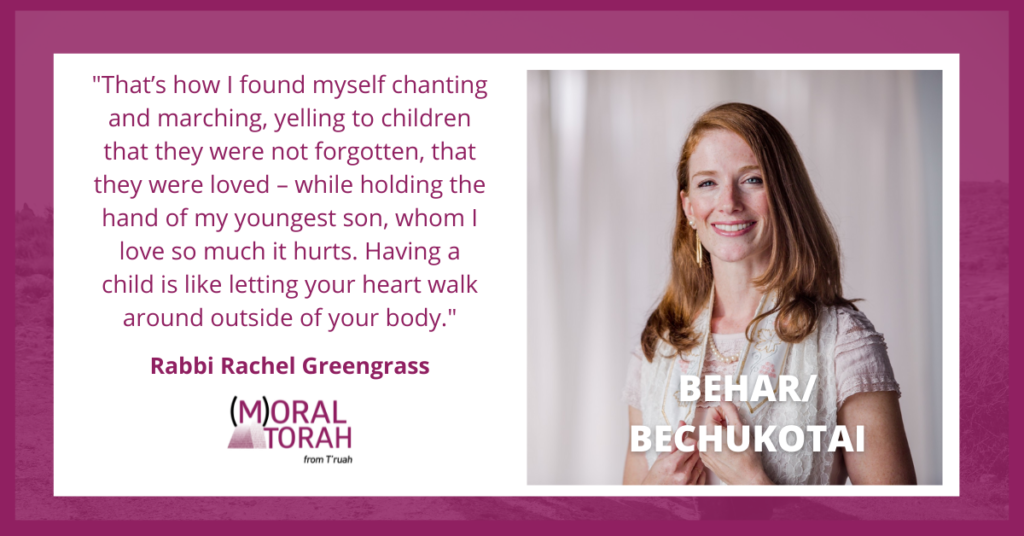
Migrants on God’s Land
That’s how I found myself chanting and marching, yelling to children that they were not forgotten, that they were loved – while holding the hand of my youngest son, whom I love so much it hurts. Having a child is like letting your heart walk around outside of your body.
more
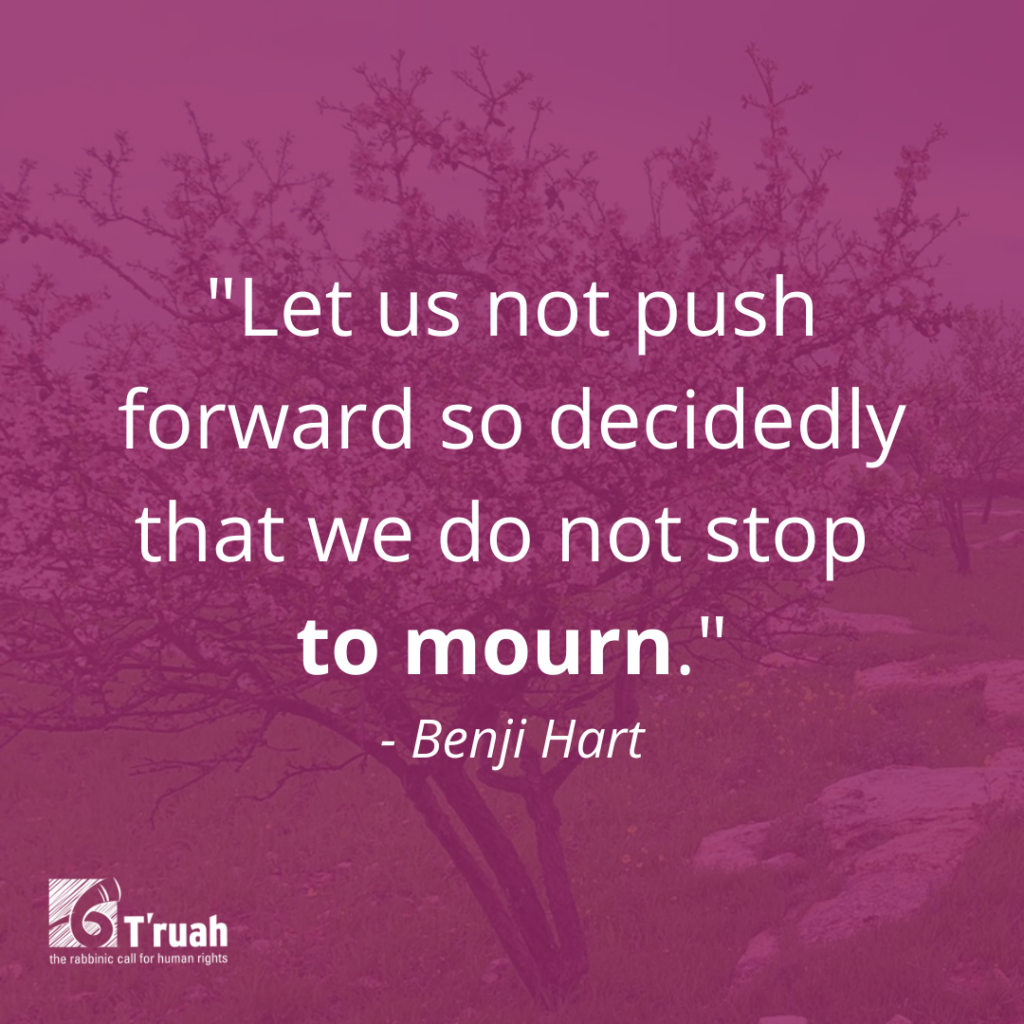
17th of Tammuz – July 9, 2020: A Different Type of Grief and Mourning
The fast of Shiva Asar B’Tammuz (the 17th of Tammuz) begins an annual period of mourning in the Jewish calendar culminating with Tisha B’Av (the 9th of Av), which marks the destruction of the two Temples in Jerusalem, as well as other tragedies of Jewish history. Rabbinical Student Frankie Sandmel created this 17th of Tammuz...
more
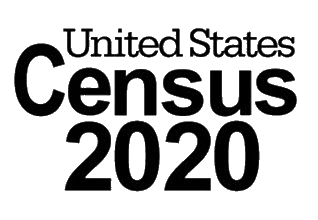
Counting everyone, including the stranger, for the 2020 Census
A d’var Torah for Parshat Naso. “The Eternal one spoke to Moses: Take a census.” This week’s Torah portion, Naso, focuses on one of the multiple censuses that was carried out, the census of the Levites in the desert. This year in the U.S. is our year to carry out the census — to be...
more
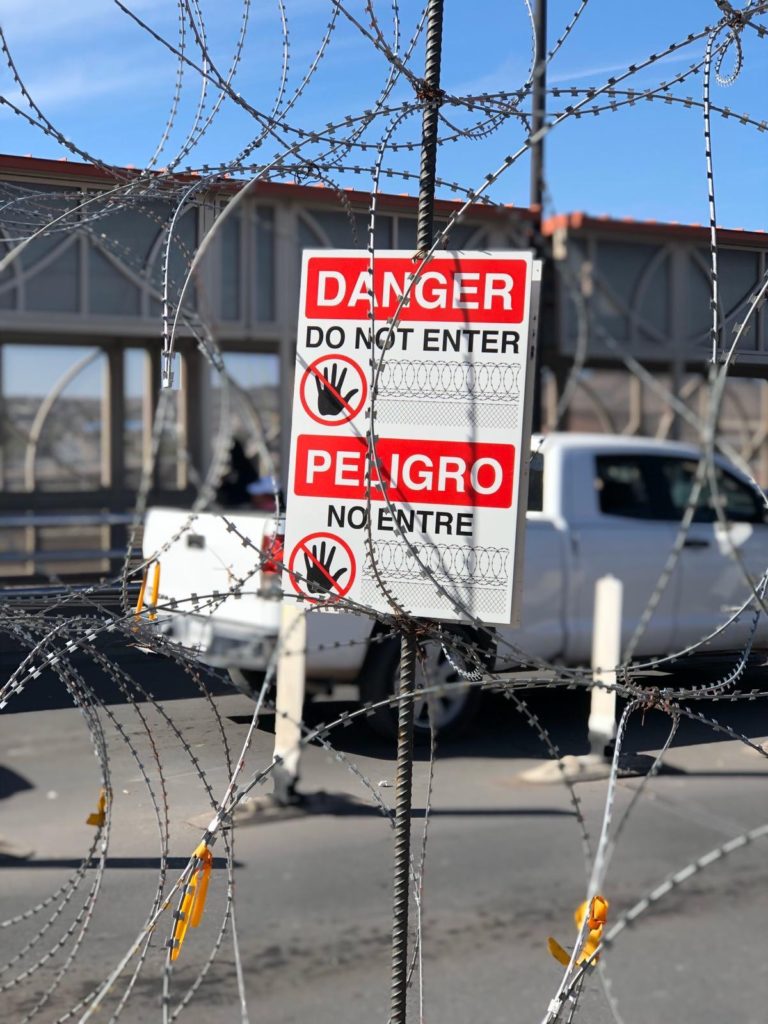
Report from El Paso, November 2019
A firsthand account from Rabbi Jill Jacobs, T'ruah Executive Director, of the joint T'ruah-HIAS border delegation, November 2019.
more
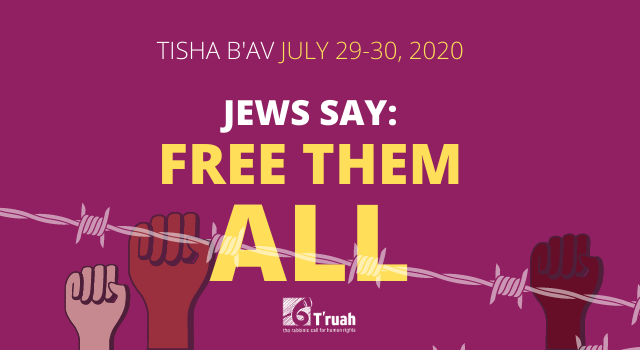
Texts and Resources for Tisha B’Av: Jews Say Free Them All
Prayer for Tisha B’Av Actions A prayer by Rabbi Mónica Gomery designed to be read preceding or following the sounding of the shofar at a collective protest on Tisha B’Av. The use of this resource has helped unify Tisha B’Av events across the country. T’ruah’s Past Tisha B’Av Divrei Torah Commentaries by Rabbis Edward C. Bernstein, Ruhi Sophia...
more
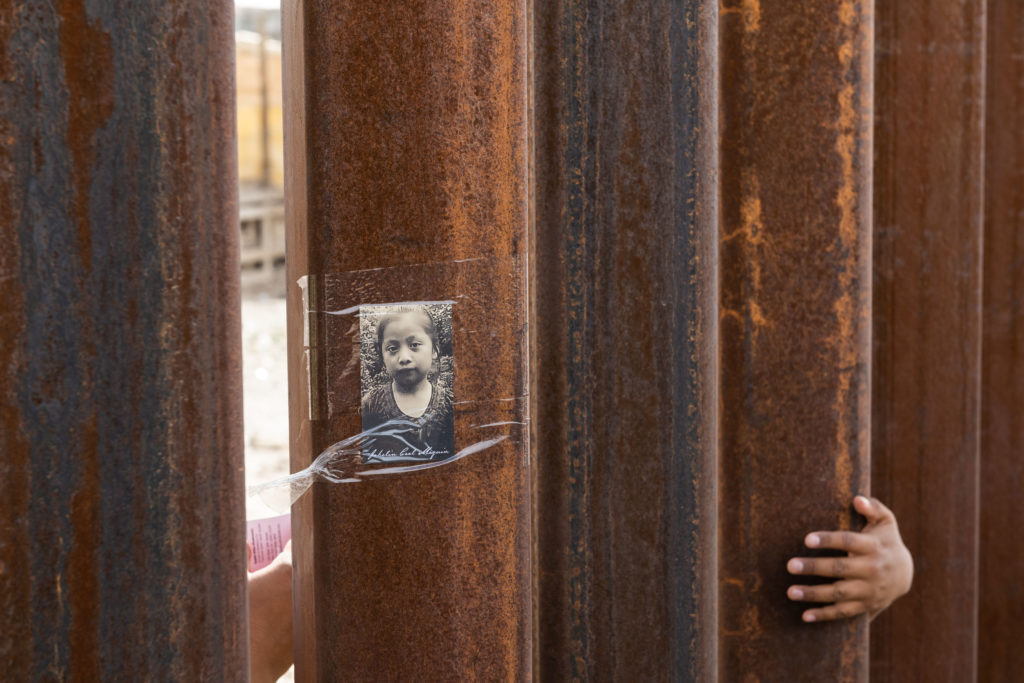
Ruth: An Immigration Story
This text sheet uses excerpts from the Book of Ruth to begin a conversation about U.S. immigration policy. It is designed to segue into “The Sin of Sodom,” a text study that appears in the revised and expanded Mikdash handbook (p. 30-31). The second page of this resource contains a prayer for immigrant children and...
more

How Darkness Immobilizes (Parshat Bo)
Commentary on Parshat Bo (Exodus 10:1 – 13:16) I am usually one to heed a call to mobilize for justice and human rights. I participated in a peace delegation to Israel and Palestine at the beginning of the Second Intifada and was at Standing Rock for the clergy action against the Dakota Pipeline. But lately,...
more
